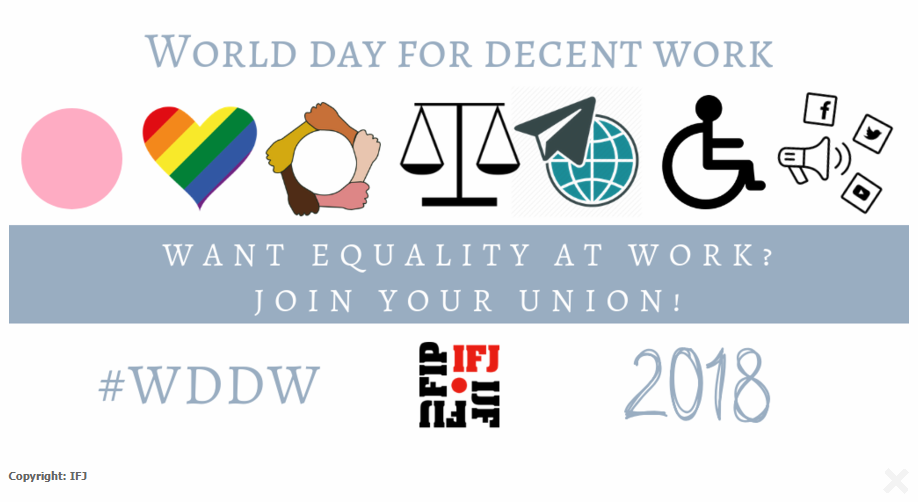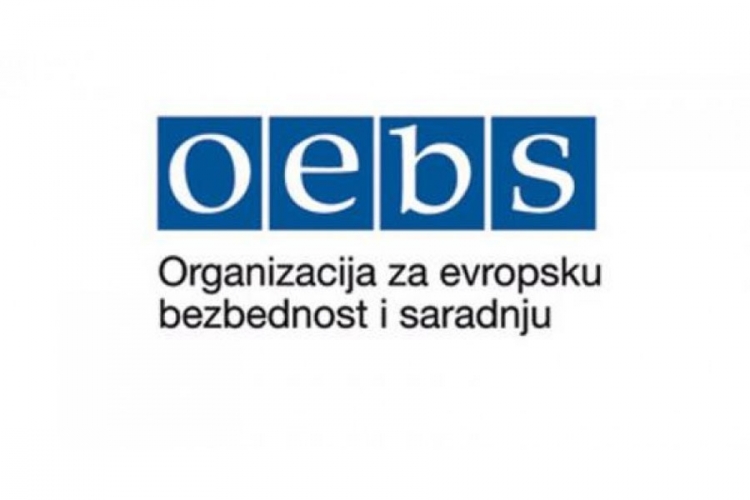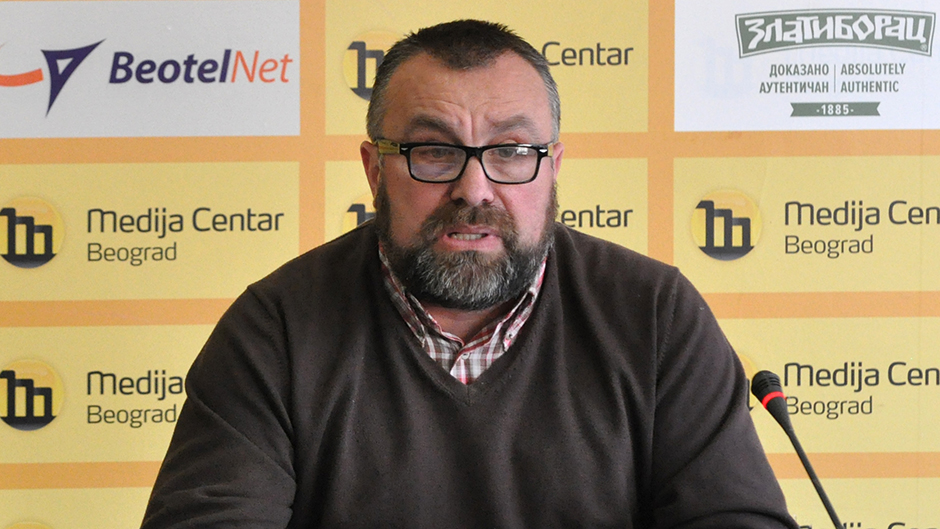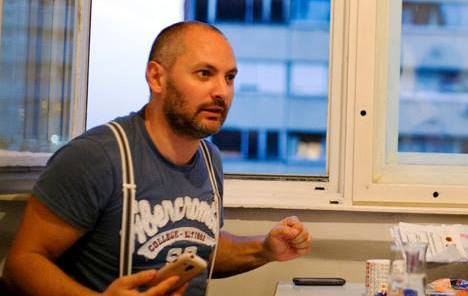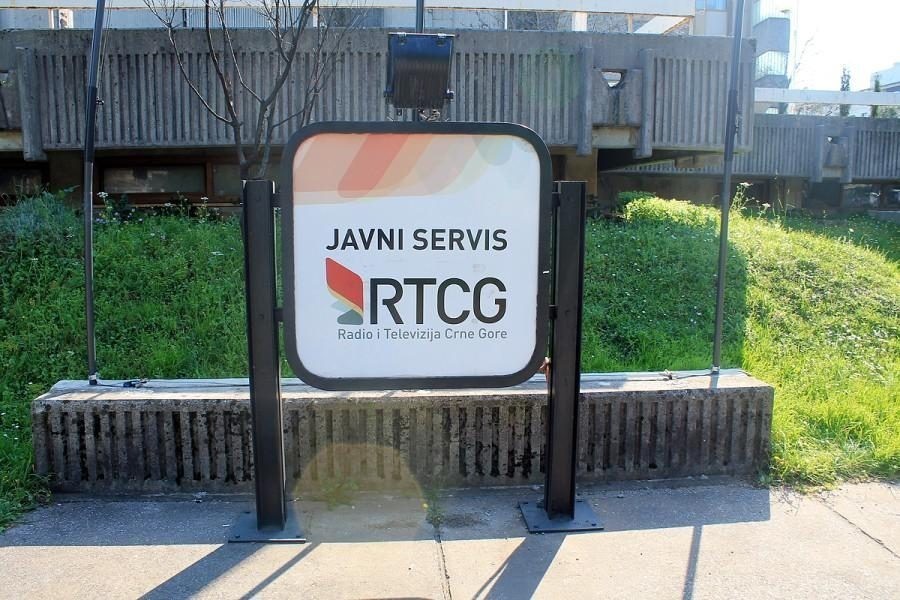SARAJEVO, 05.10.2018.-BiH is still facing challenges in the field of media freedoms and liberties, including an increasing number of assaults and threats, directed against journalists (and particularly assaults directed against female journalists), unstable system of public broadcasting service, especially regarding its financing sustainability, and generally common poor quality of reporting, including the auto and self – censorship of journalists.
During the past period, OSCE Media Freedom representative and OSCE Mission to BiH officials, condemned assaults on journalists and assaults on media liberties in BiH, as we also emphasized (several times) the challenges we encounter and face daily, regarding media freedoms in this country. OSCE still express their concerns in regard with financial sustainability of public broadcasters, which was what had advocated and interceded for, several times during the most recent period. The role that media houses have in democratic societies and transitional societies is crucial and we should all accordingly make significant efforts and attempts, in order to improve media freedoms and liberties in BiH. Media houses, serving public interests, should not be exposed to pressures; political, economic or any other types of pressures.
These types of pressures deprave key role that media have in objective and professional information providing directed to the general public, regarding the facts and information that concern their everyday lives. In the 21st century, any functional and democratic state must provide full guarantees for media freedoms and journalists’ safety and the state must be the first that should condemn every single attack and assault on journalists or assault on freedom of expression. Principles used by the OSCE, as far as media freedoms are concerned, are contained in a certain number of duties and responsibilities, presented in the following publication: ”Duties and responsibilities of Participating – states: media freedoms, freedom of expression, free information flow 1975 – 2017”.
All relevant decisions, in regard to media freedoms, are collected in this publication. These decisions derived from the agreements signed between the OSCE Participating States. In the context of journalists’ safety in BiH, I’d again like to emphasize the role, duties and responsibilities of other OSCE Participating states, also outlined in the OSCE Guidebook on Journalists’ Safety. In the first chapter of this Guidebook, the authors indicated that the safety of journalists was an urgent issue for OSCE participating States, because the scale of violence against journalists, including murders and attacks leading to serious injuries, has grown significantly over recent years with far-reaching and damaging effects adding the following:
– „All OSCE participating States are publicly committed to ensuring high standards of justice, and it is significant that in 1994, in the OSCE Budapest Summit Declaration, they condemned all attacks on journalists and pledged to hold those responsible for such attacks accountable.“
– „In 1997 OSCE participating States established a mechanism to promote this principle, the Office of the Representative on Freedom of the Media. The Representative on Freedom of the Media has worked since then with a mandate to concentrate on rapid response to serious non-compliance with OSCE principles and commitments by participating States in respect of freedom of expression and free media.”
– „As recently as in 2009, the OSCE Parliamentary Assembly, meeting in Vilnius, passed a Resolution urging participating States to investigate threats and acts of violence against journalists effectively, especially those aimed at intimidating journalists’ independent reporting, and to prosecute those responsibly.“
Guidebook also referred to professional standards in media work and self – regulating mechanisms and required journalists and media houses to conform their work to high professional standards at any moment given and also invited participating states to sustain from owning or controlling media organizations and it also, provided recommendation that media self – regulation should be implemented through press council. The guidebook also highlighted measures required for development and building of trust and safety between the police authorities and media which has already been implemented in certain countries and I am proud to say that Bosnia and Herzegovina have been amongst these countries.
We in the OSCE Mission to BiH have recently begun with the organization of several courses covering this issue and we sincerely hoped that these guidelines shall be supplemented by the end of the year. The question of assaults on journalists in the online sphere has been analyzed in the special chapter of Guidebook. This chapter outlined that assaults on journalists, both male and female journalists and media staff, represented a direct assault on freedom of expression and media liberties. Participating states have been recommended to sustain from passing new provisions of criminal laws that may limit the scope of freedom of expression and participating states have also been suggested to focus on the implementation of new laws conformed to international standards regarding the protection of human rights.
The guidebook also directed a recommendation to media organizations urging them to pass guidelines regarding the identification of assaults and threats directed against journalists in the online sphere. Apart from above mentioned principles and other principles presented in the above mentioned publications, along with marking the World Press Freedom Day in 2018, OSCE participating states and OSCE Mission to BiH still expressed their concerns regarding to an increasing number of assaults on female journalists, described in yet another publication issued by the OSCE titled:”Safety of female journalists in online sphere”, which also contained several recommendations on how to fight against this occurrence.
Bosnia and Herzegovina is a full member state of OSCE and it has duties and responsibilities to obey certain rules deriving from this membership. I’d like to use this opportunity and on behalf of OSCE Mission to BiH to invite all political representatives and BiH public to show respect towards journalists and their efforts and intentions to provide all citizens of BiH with professional and accurate information regarding all problems considered as general public interests. Naturally, journalists at the same time, are obliged to fulfill and obey all professional standards bounding them to objective, unbiased and fact-based reporting. Having this in mind and in addition with similar projects, we shall, in cooperation with Press Council and Association of BiH Journalists, including also other institutions and individuals expressing interests in media freedoms and liberties, continue with organizing the set of activities contributing the advancement of the situation concerning media freedoms and liberties in BiH.
This text is a part of E-Bulletin–the second edition of the special serial of BHJ online bulletin implemented as part of the following project: Reinforcing Judicial Expertise on Freedom of Expression and the Media in South-East Europe (JUFREX).


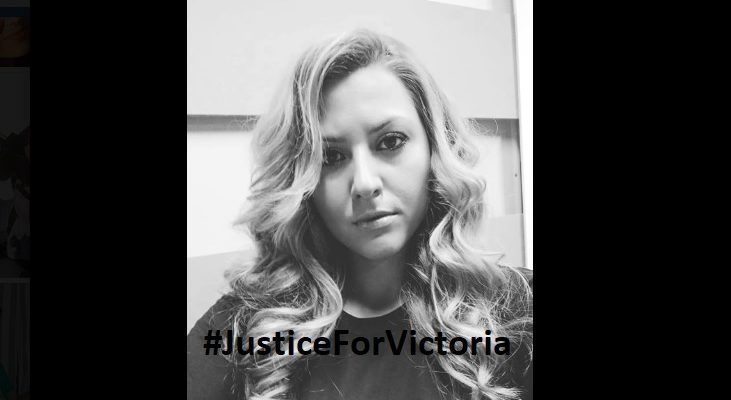
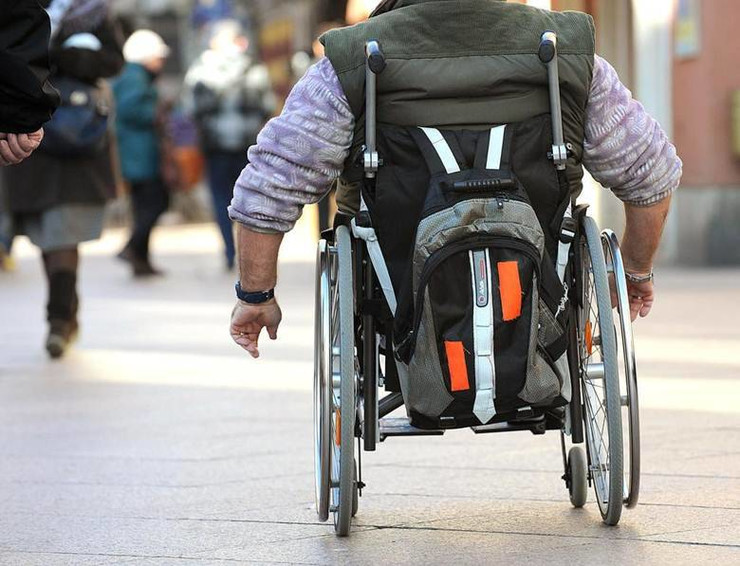
 This article has been produced as a part of the project Western Balkan’s Regional Platform for advocating media freedom and journalists’ safety with the financial assistance of the European Union. The contents of this article are the sole responsibility of the Independent Journalists’ Association of Serbia and its authors, and can in no circumstances be regarded as reflecting the position of the European Union.
This article has been produced as a part of the project Western Balkan’s Regional Platform for advocating media freedom and journalists’ safety with the financial assistance of the European Union. The contents of this article are the sole responsibility of the Independent Journalists’ Association of Serbia and its authors, and can in no circumstances be regarded as reflecting the position of the European Union.
